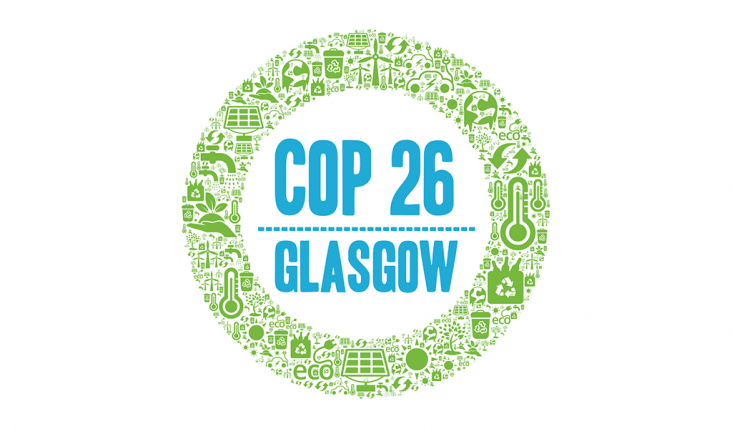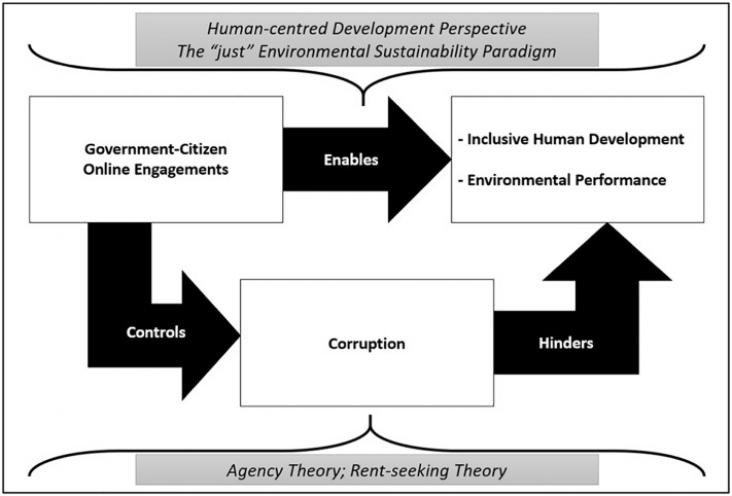In view of all kinds of sustainability concerns related to our current diet, it is essential to gain a good understanding of the sustainability motives consumers have for selecting their food.
In view of all kinds of sustainability concerns related to our current diet, it is essential to gain a good understanding of the sustainability motives consumers have for selecting their food.

Enabling a circular economy for plastics in Europe and beyond is an ambitious goal. To reach a fully closed loop, numerous challenges and knowledge gaps need to be overcome.



World Food Day is organized every year on October 16 to bring awareness to how our changing planet affects food production and distribution.

